The evolution of Social Networks, Blogs and Online reviews lead to enormous amounts of user generated opinions related to feedback, perspectives, ratings and recommendations about products, places, events, movies, etc. This led to ‘Sentiment Analysis (SA)’ which is study of sentiments from the user generated data. These sentiments help in better decision making. SA received great interest due to its plethora of applications in Business Systems, Marketing, Politics to analyze the trend of the public towards a political party, mining the online-social media for analyzing the content, and in promotion of e-Business by analyzing the customers.
Sentiment Analysis deals with Computational linguistics i.e. Natural Language Processing (NLP) of streams of data in generated in different languages (Sundry Corpora). Various approaches are implemented to predict the sentiments of words, sentences or documents automatically. These approaches involve NLP and pattern-recognition based semantic techniques. Identifying a sentiment involves understanding the constructs of the natural language like sentences, words used in the context, rules, pre & post scenarios, etc. The usage of NLP techniques made sentiment analysis to contemplate the subject (ex, word) as well as all its references having syntactic and semantic relationship. Machine learning techniques help for the computational study of sentiments in sundry corpora. It is very much important to see that majority of the population gain the benefits of NLP and SA.
The objective of the present research work is to develop a Comprehensive Model which integrates various tasks of NLP for Telugu language and Sentiment Analysis with Machine Learning techniques. Sentiment analysis of Telugu language is implemented in two approaches namely ‘intra’ and ‘inter’ language ternary sentiment classification. Intra Language Sentiment Analysis is implemented with both Lexicon-based approaches and Machine Learning Techniques. In the present research work, Machine Learning techniques like Maximum Entropy, Naïve Bayes classifier, Multi-Layer Perceptron, Support Vector Machine, Logistic Regression, Random Forest, Decision Tree and K-Nearest Neighbor are implemented. The input for the present work is the text from various Telugu news-papers pre-processed and analyzed for sentiments. An accuracy of 79.02% is achieved with Lexicon based approaches and 73.4 % with Machine Learning Techniques. For Inter language Sentiment Analysis Machine Learning techniques with ternary classification of bigrams and stemming are implemented. In this ill formed Telugu sentences are translated into resourceful English sentences using automatic translators. Later the text is processed with Machine Learning models and trained with SentiWordNet3.0, a pre-labeled corpus. An accuracy of 77.4% is attained with SVM trained on input data for the intra language sentiment model.

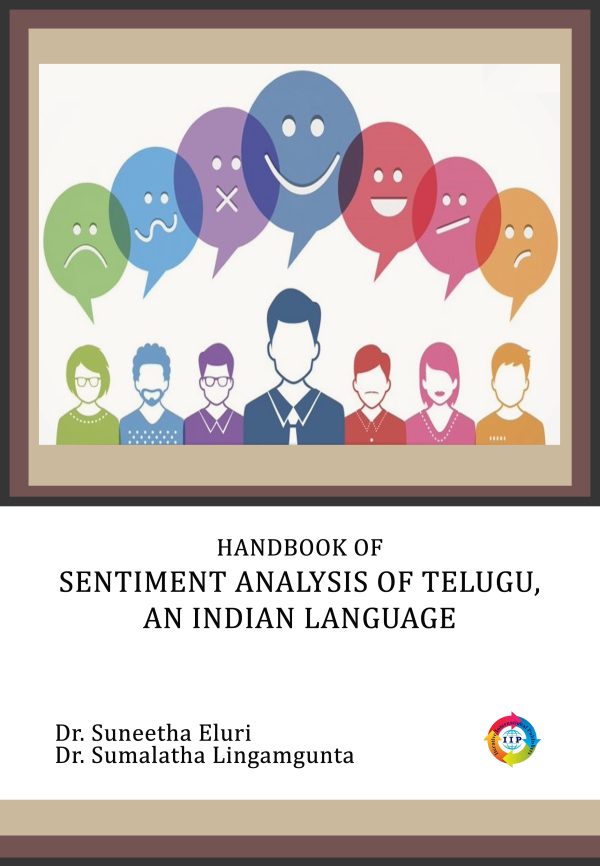
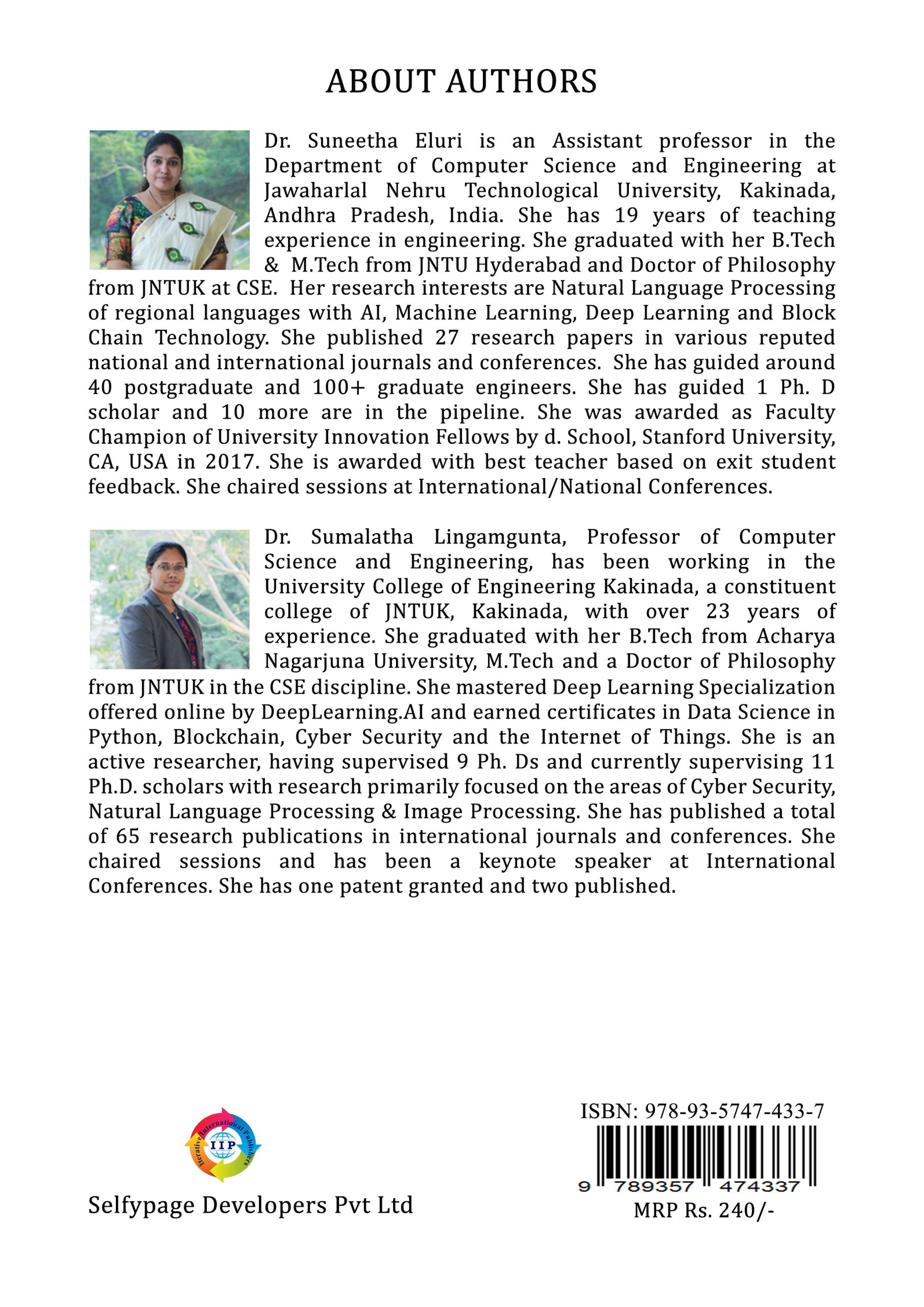
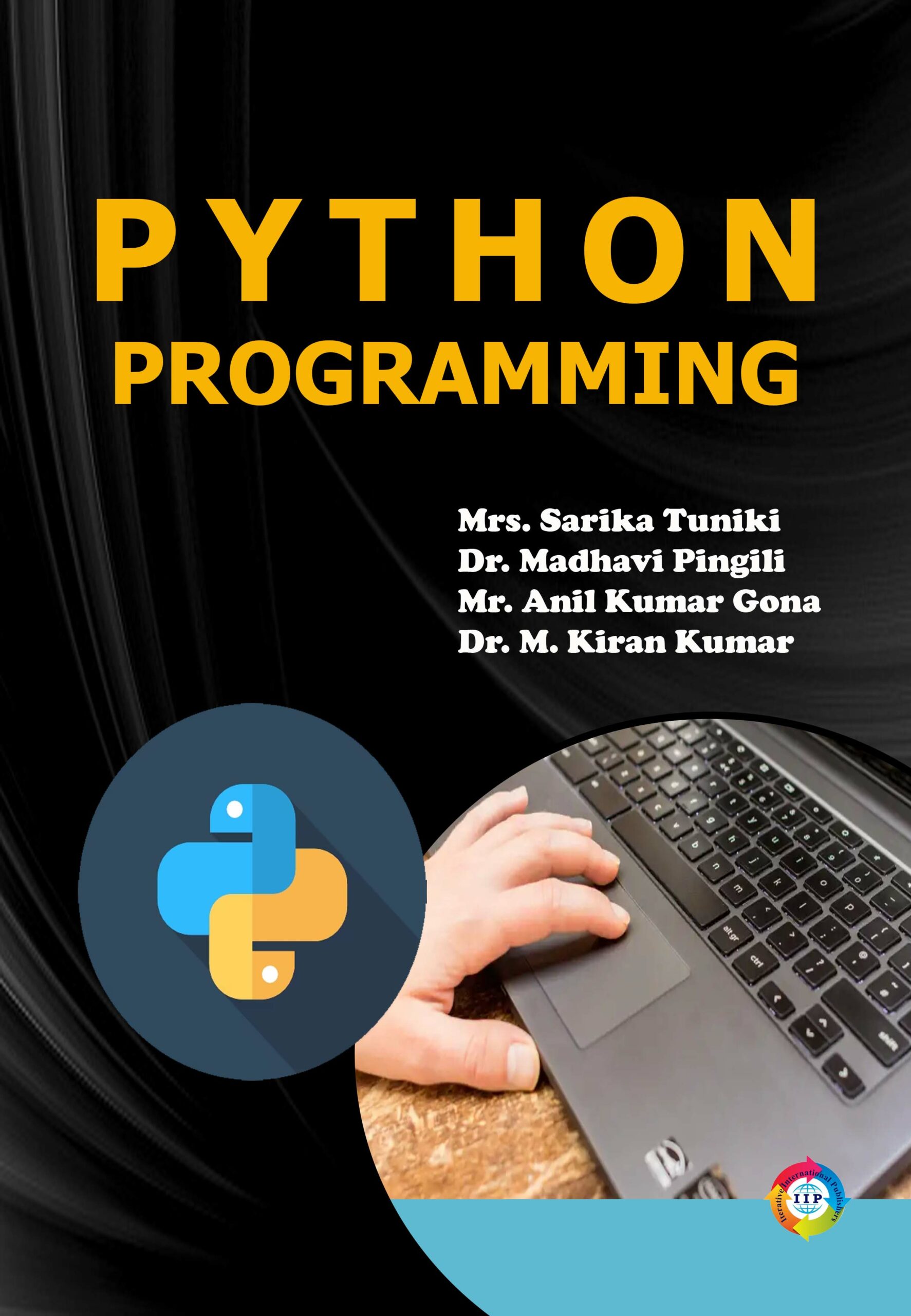
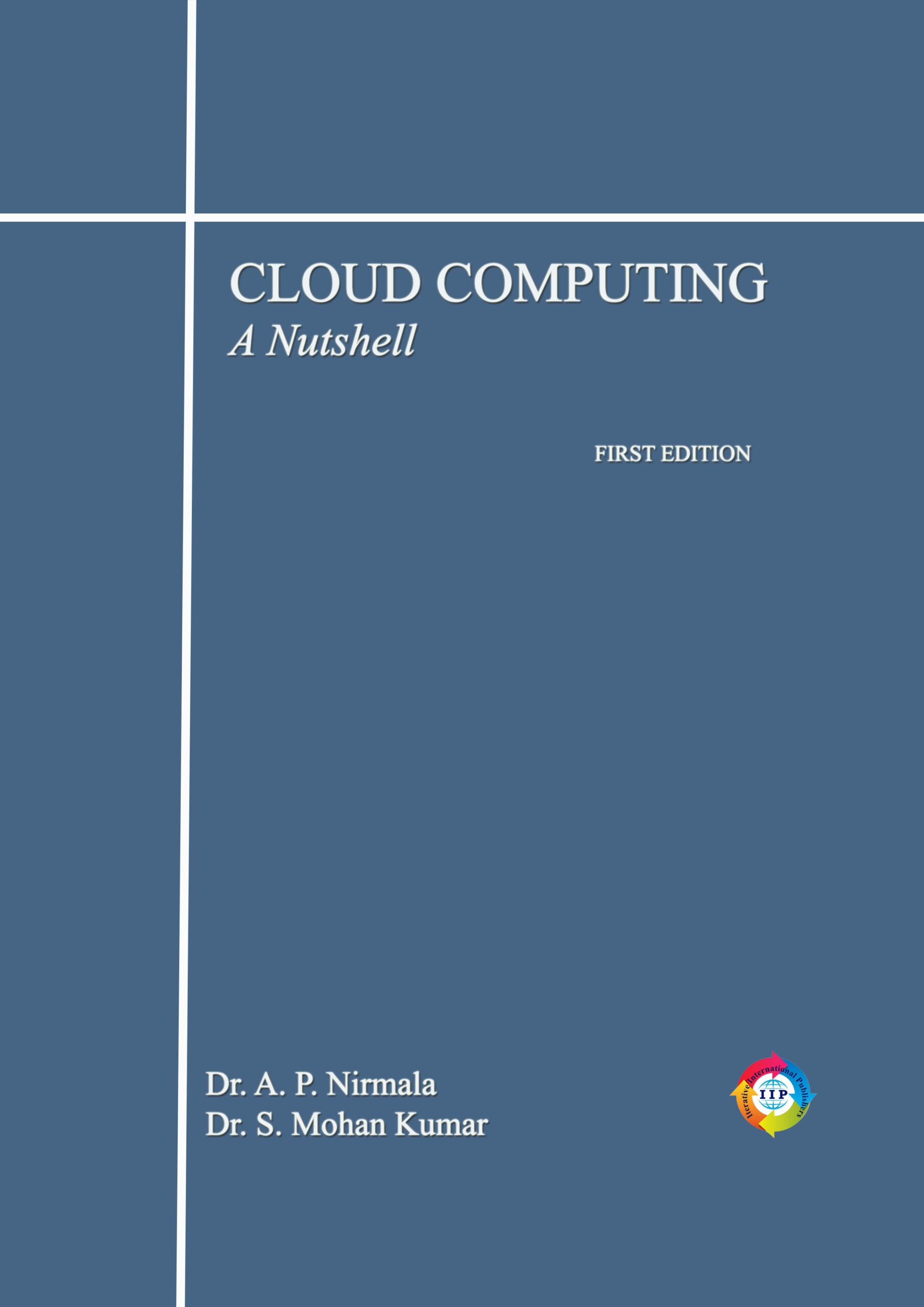

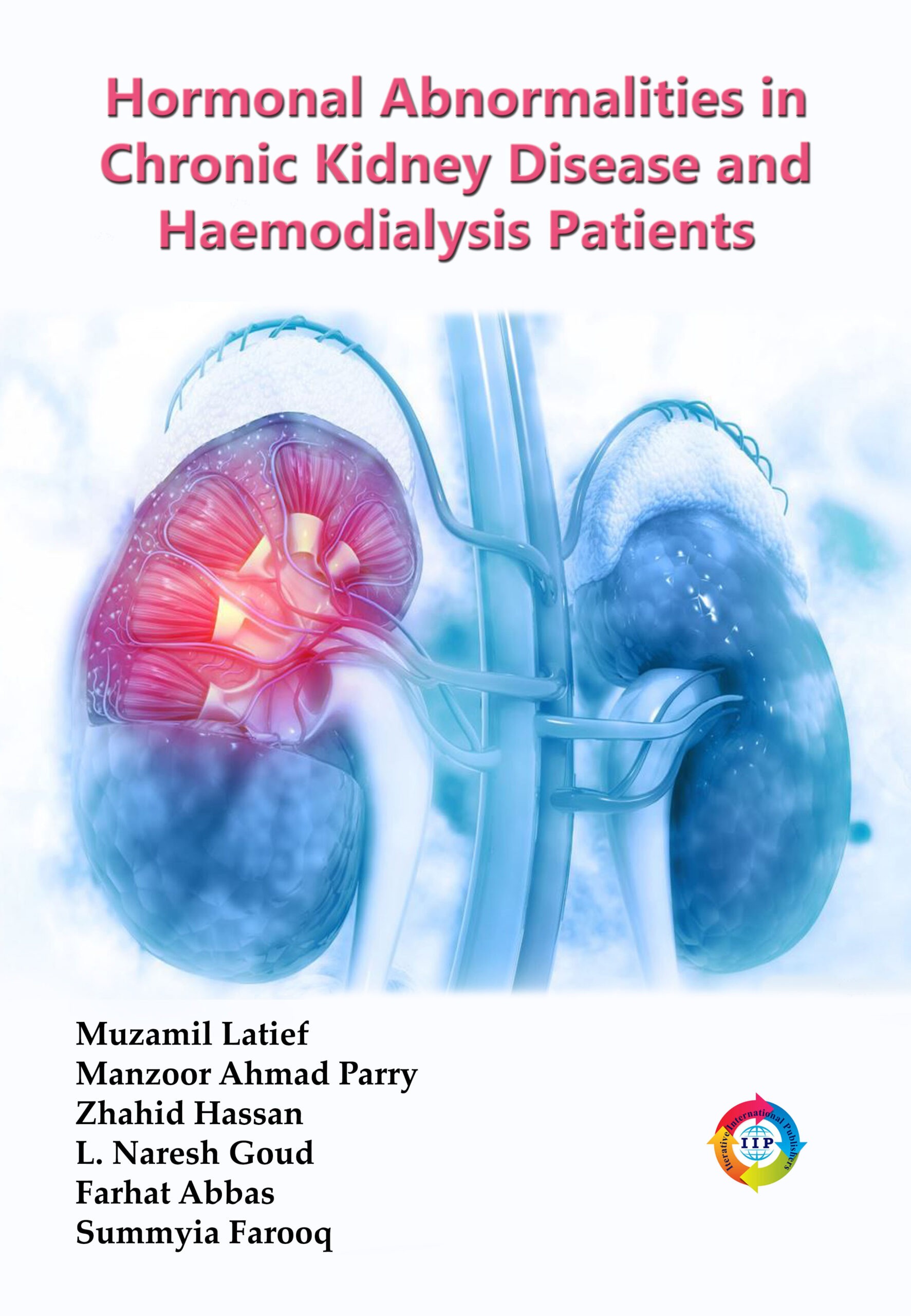
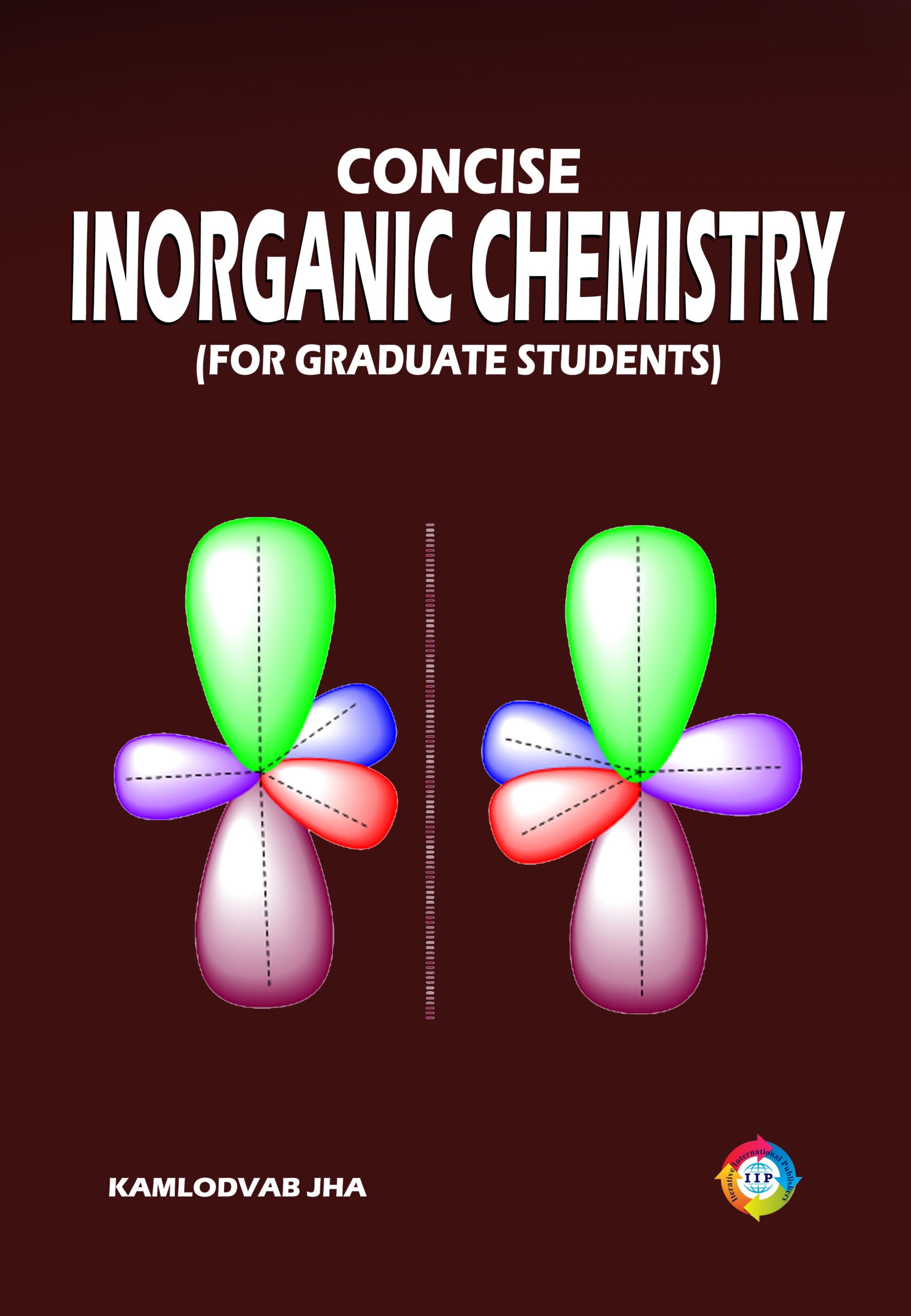
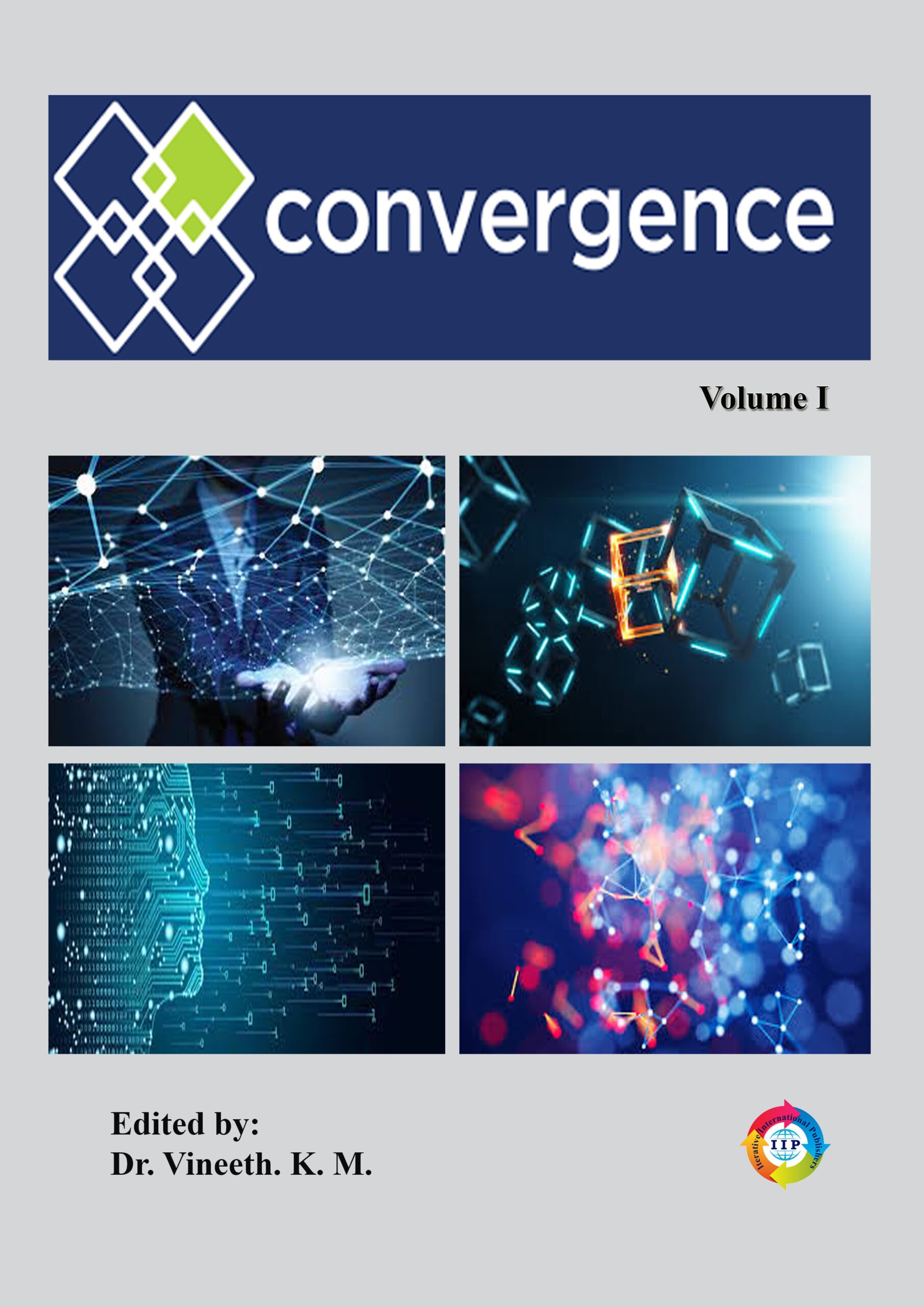
Reviews
There are no reviews yet.